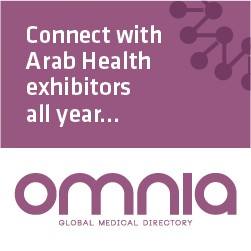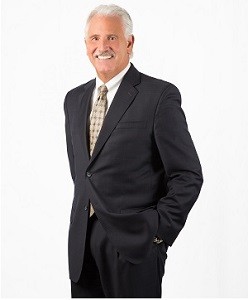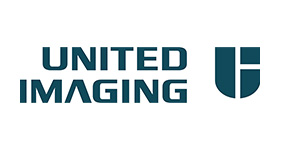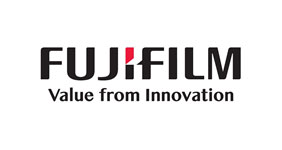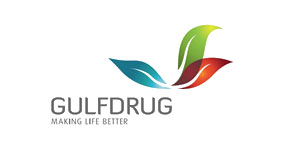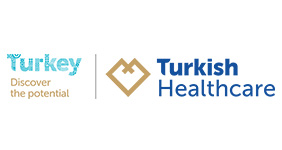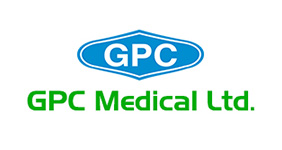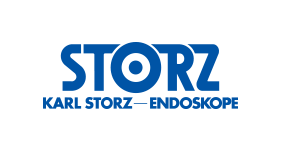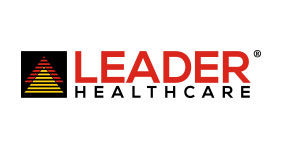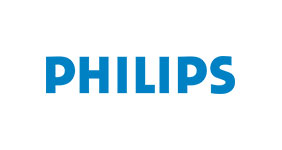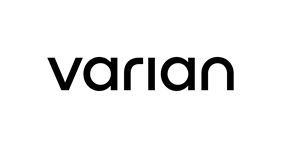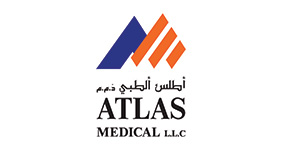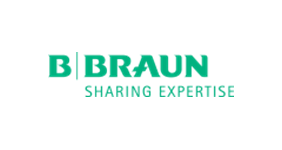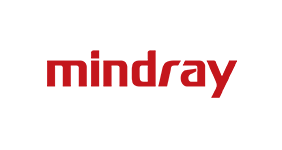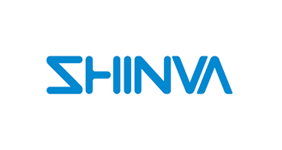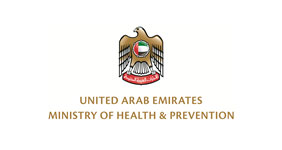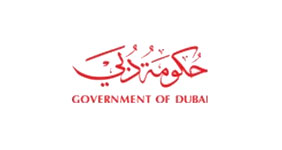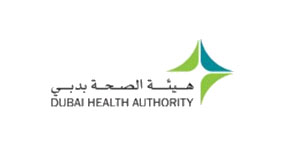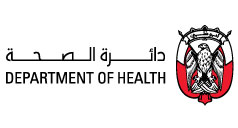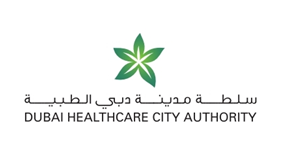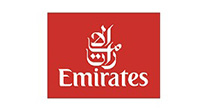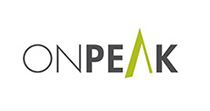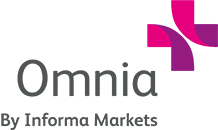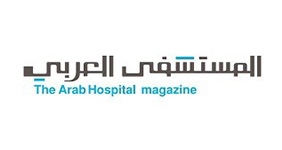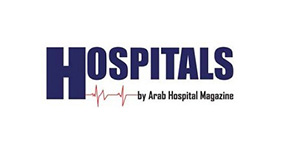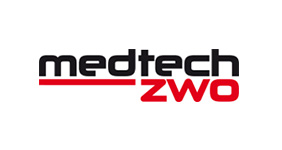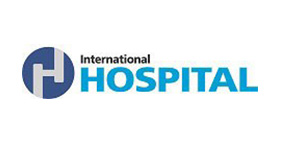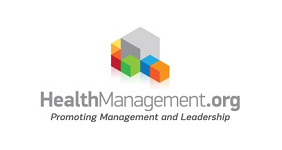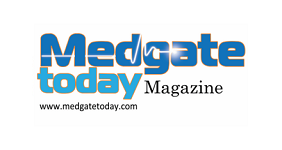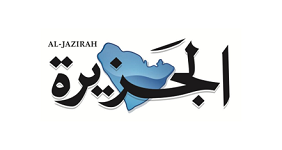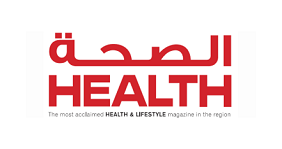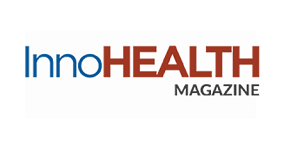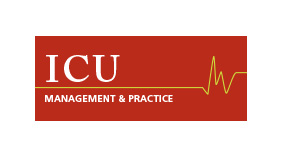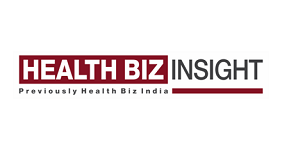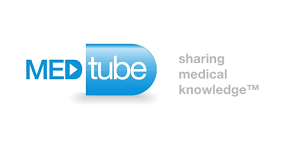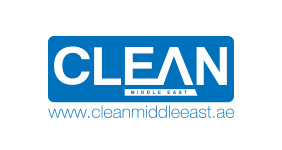Interview with Peter Makowski, CEO of American Hospital Dubai
AMERICAN HOSPITAL
Q 1. As a CEO what do you think is currently driving the healthcare industry forward, both in the MENA region and globally?
There are a number of common trends and themes within the global and regional healthcare industry, and some of them are truly profound and transforming the sector, reshaping expectations of healthcare, re-inventing the model of care, as well as changing the way care is delivered and managed.
Perhaps the most transformative trend is the new model of patient-centric care which, combined with the advent of new digital technologies, means that we can now move towards a true model that enables patients to access care and manage care in almost any environment, on and off campus, with the support of healthcare professional monitoring and management. This means more patients will access care at home or on the move.
Real patient–centricity means that hospitals must also look at their own models of care and systems, to ensure that the campus is really patient-friendly.
Access to affordable care is still the main objective for the industry, in the face of increasing costs and complexity of care especially for the more complex cases, and for those long-term chronic diseases that we are seeing more of, such as diabetes. There is no doubt that the entire industry, from regulators to public and private sector care providers, to insurers and payment companies, all share this public health challenge.
The move in the region towards providing greater and more convenient access to primary care especially is already happening, with primary care specialists increasingly embedded within communities, and ensuring easy access to care for local families, rather than a dependence on hospital resources for every potential care need. The American Hospital Dubai has already responded to this changing domestic population and demand by opening our first primary care clinics in Dubai.
As we see more chronic lifestyle related diseases in younger patients in the region, we face the challenge of keeping the population healthy for longer, and as the population ages, we will see the increasing onset of age-related diseases and the weight and intensity of care required to maintain good health and an active population into increasingly older age.
Q 2. What current trends do you see specifically in the UAE healthcare industry and what do see as the growth areas going forward?
In the UAE, the trend towards building a healthcare system capable of meet the care needs of the domestic population, as well as regional and international healthcare patients is clear. Dubai is taking the lead on the development of ‘healthcare tourism’ in the UAE, and the steadily rising numbers of overseas patients treated here is a testament to the success of Dubai Health Care City.
Within the UAE, we see the increasing capability of hospitals here to manage and treat complex tertiary cases, which means that the sector has a comprehensive range of services to deal with the most complex cases. The corollary of this would be an increase in overseas patients possibly seeking this standard of care here in the UAE, and we would hope to see more citizens and residents taking advantage of this capacity rather than seeking treatment overseas – which is still the case today; over more than 20 years in the Dubai, we have seen more patients choose to stay for treatment within familiar surroundings here rather than leave for care but there is still a sizeable group of patients who prefer to travel for care, for a variety of reasons.
Some of these growing tertiary capabilities include oncology – and especially the most advanced forms of cancer diagnosis, treatment and management - and diabetes inevitably. These conditions require long-term specialist treatment and care and the relationship between patient and the team of carers is deep and a pivotal part of the patient experience and clinical outcome.
The drive for wellness is a very high profile part of the UAE industry and there are many fantastic initiatives taking place to encourage a focus on exercise and diet, mental health and overall wellbeing, from the very highest levels in the UAE. These very positive initiatives are part of the public health programs across the UAE but are also supported by other initiatives in the workplace and schools, for example. The consumerisation of healthcare technology is helping this process of sharing the responsibility for wellness, wellbeing and disease prevention, between the individual and healthcare provider.
All of these developments reflect an increasing emphasis on wellness and disease prevention, which is what we all want to see – longer, healthier, positive and fulfilling lives for all members of the family at every stage of life. In the case of diabetes, treatment compliance and management is essential and we also see many initiatives to help support those patients facing the challenge of this lifestyle disease that affects so many people in the region, with high rates of obesity continuing to present a major cause for concern / challenge to many health systems, families and individuals across the region.
Q3. What according to you are the main ideas/ strategies that will transform the healthcare industry of the future?
There is a fundamental shift taking place within the healthcare industry that is moving us from the traditional ‘sickness’ model of care – treating patients – to one that is moulded around the concept of ‘wellness’. This is resulting in a new ‘care contract’ between provider and the community of individuals it serves. There is a new shared responsibility for wellness – which places the onus on the provider to help educate and support disease prevention and nurture wellness, and on the community to accept/support/ respond to this by taking this knowledge and modifying behavior for the individual and family members. This shift – supported by technology and innovation – is changing the fundamental nature and role of healthcare.
Innovation is one of the principal enabling forces that is facilitating this shift; there is a new emphasis on health screening and monitoring, as well as disease prevention. Technology provides some of the tools – developments in professional clinical diagnostics as well as consumer ‘gadgets’ – to help this process; looking ahead, the development of genetics and use of big data analytics will move us towards predictive models that can anticipate health issues in individuals and a more personalized and targeted form of disease prevention and treatment when necessary.
With more people living for many years with a lifestyle disease, ongoing care will continue to be a challenge. The traditional hospital-centered model of care will evolve to become a more patient-centric approach to track and monitor patients over time, even years, and through the life of the patient and the lifecycle of a disease. This means that care providers must be able to meet patient needs, in terms of level and intensity of care, with a broad range of services, and diabetes is an obvious example of the kind of long-term care requirement in the region
All of these factors mean that providers must be able to build and maintain a trust-based relationship with patients, as the relationship continues to change and extend to meet the evolving needs of patients over the continuum of care. Building trust can only be achieved and earned over time but innovative approaches can assist. In the case of the American Hospital Dubai, for example, we have developed a unique (for the region) collaboration with the Mayo Clinic system, which is the most trusted healthcare brand in the US. As the first Middle East hospital to join the prestigious Mayo Clinic Care Network, the American Hospital Dubai benefits by demonstrating that we have met the very high clinical and service standards of the Mayo Clinic.
Q4. How important is innovation in healthcare? What are the technological, medical and strategic innovations that your company brings to the healthcare arena?
Of course, innovation – especially in the technology arena - is driving change across the healthcare sector and every facet of the industry’s operations, from new medical devices to electronic records and more broadly, the concept of the digital hospital. This digital transformation of healthcare is already underway and whilst innovation is having a disruptive effect in many industries and creating new business models and new non-traditional competitors, in a critical industry such as healthcare we are moving more cautiously to avoid the disruption but harness the benefits from the technology advances.
Technology is making an impact in healthcare beyond the perimeter of the hospital campus and the rapid adoption of patient-centric technology and apps is putting more tools into the hands of patients, through which they can track and monitor their own wellness or condition. For many patients who need it, care in the home is now becoming a real option for those who can use technology (from remote monitoring devices tracking vital information from blood pressure to glucose levels, and video consultations with healthcare professionals) to stay in the familiar and comfortable surroundings of their own home, with family, and reduce the need for hospital stays.
Meanwhile, on hospital campuses we are seeing the creation of ‘Centers of Excellence’ with the deepening levels of expertise in highly specialized areas such as heart, vascular, oncology and dermatology. This means that hospitals are increasingly re-inventing themselves with a distinct line of services in which they have the capacity to manage and treat the most complex patient cases in a few select therapeutic areas and develop the very highest quality.
Q5. What is your plan for Arab Health 2018?
At Arab Health 2018, we will present the American Hospital Dubai’s ‘Centers of Excellence’ and services including:
- Our Cancer Care Center now includes a new Radiation Therapy program using advanced RapidArc technology The center is a dedicated facility providing a range of Medical Oncology and Hematology services for all forms of cancers and blood disorders, with a dedicated team. In addition to traditional cancer treatment options of Surgery, Chemotherapy, and Palliative care, the Cancer Care Center offers new therapies, which are creating exciting new treatment possibilities.
- The Heart & Vascular Center now includes a range of vascular services and an updated state of the art angiosuite The center is able to diagnose, monitor and treat all types of heart conditions through invasive and non invasive cardiology procedures, cardiothoracic surgery, and vascular surgery, supported by advanced rehabilitation services.
- Cosmetic & Dermatology Services provides diagnosis and comprehensive treatment of all skin, hair and nail diseases for adults and children, including treatment for skin cancers. Laser treatment is available for a range of conditions including wrinkles and aged skin, as well as treatment of unwanted hair; skin fillers and botox injections are also offered for wrinkles.
We will also focus on our collaboration with Mayo Clinic. We are very proud to be the first hospital in the Middle East to be selected to join the prestigious Mayo Clinic Care Network. The collaboration is creating an exciting new joint approach to patient care and close collaboration across research interests. As a member of the Mayo Clinic Care Network, American Hospital Dubai is working closely with Mayo to share medical knowledge and clinical expertise in ways that enhance patient care.
This includes connecting our physicians directly with Mayo specialists for additional input on a patient care; access to a database offering the latest Mayo-vetted information on disease management, care guidelines, treatment recommendations and reference materials for a wide range of medical conditions; Health care consulting; and eTumor Board conferences with our physicians to discuss management of complex cancer cases with a multidisciplinary panel of Mayo specialists and other network members.
American Hospital Dubai is the Middle East’s leading private hospital and has been offering US standards of healthcare for over 20 years. In November 2017, the hospital celebrated its 21st anniversary.
American Hospital Dubai is an internationally accredited general medical/surgical hospital providing the highest standards of patient-centric healthcare and customer services, across a wide range of clinical areas.
The 254-bed hospital campus is equipped with the most advanced imaging and diagnostic technology, and treatments, through a multidisciplinary team of physicians who are all North American Board Certified or of equivalent Western training
In June 2016, the hospital became the first in the Middle East to join the prestigious US-based Mayo Clinic Care Network, creating an exciting new joint approach to patient care and close collaboration across research interests.
The American Hospital Dubai provides easy access to innovative personalized services, comfort and convenience on an outpatient and inpatient basis, with a range of state of the art private rooms and VIP rooms, for patients and family members. The new primary care clinic in Dubai is taking care closer to the community.
Q6. As a company closely associated with Arab Health for the last several years, how would you evaluate the impact of the event on the healthcare industry in the MENA region?
Arab Health is undoubtedly the premier forum for the regional healthcare industry and attracts international attention, as the industry continues to benefit from public and private sector investment. It is an outstanding showcase for the regional industry and brings together expertise from across the world, creating the most exciting networking opportunity in the region. The medical conferences demonstrate the quality of the clinical work and innovation that is being carried out across the region, whilst the exhibition, business conferences and networking events create opportunities to meet and exchange ideas and experiences with peers.
As a progressive industry in a region that is actively seeking and adopting new ideas, innovation is always at the top of the agenda as the healthcare sector seeks to build new models and collaborations and deliver better care to more patients more cost effectively, enabled by technology. Arab Health showcases global developments and innovations and so is an essential part of exploring and discovering the latest innovations. The event’s associated awards continues to highlight the extraordinary work and standards being achieved across the region, from clinical performance to 5-star customer service.
As a long-time collaborator with Arab Health, we know this is the regional platform to communicate with industry stakeholders and the American Hospital Dubai has consistently used the event to highlight major developments such as the announcement at Arab Health 2017 when the hospital became the first in the Middle East to join the prestigious US-based Mayo Clinic Care Network, creating an exciting new joint approach to patient care and close collaboration across research interests, and the launch of our primary care clinics in Dubai.
Talent is the lifeblood of every industry and healthcare is no exception; Arab Health attracts potential candidates and plays an essential role in our annual recruitment programme, connecting us to very strong candidates for roles across the spectrum of the hospital’s operations, including physicians, nurses and ancillary personnel.
Q7. How has Arab Health aided your company’s yearly strategy in developing business opportunities in this growing region?
Arab Health is a major annual activity and commitment for the hospital, and we have invested significantly in ensuring our overall industry profile as a pioneer and leader in the regional private healthcare sector, highlighting our services and developments, creating opportunities for our physicians and leaders to participate at the conferences, and driving our recruitment strategy. The event is central to our annual marketing and communications strategy, publicizing the work of the hospital and our impact on patients and the wider community. It also plays an important role in showcasing our Centers of Excellence, and collaboration with Mayo Clinic as a member of the Mayo Clinic Care Network.
Q8. What according to you are the real benefits and opportunities available to healthcare and trade professionals to attend Arab Health?
Arab Health is the perfect platform to showcase our capabilities, expertise, and experience. It helps us affirm our industry leadership position by enabling us to present our talented physicians and their work. It is also an opportunity to meet people, network, listen to and learn from others. When it comes to innovation in healthcare, Arab Health is the forum to share and discover.
-End-
BIOGRAPHY
Peter Makowski is Chief Executive Officer (CEO) of American Hospital Dubai and is leading the next phase of the hospital's development, including continued expansion of clinical services and facilities at the campus and the first satellite primary care clinic, based in Dubai Media City. The hospital marked its 20th anniversary with an innovative collaboration with Mayo Clinic as it became the first hospital in the Middle East to join the prestigious Mayo Clinic Care Network.
Peter Makowski is a highly experienced hospital leader having held a range of senior positions and led with distinction a number of healthcare institutions in the USA, including as Hospital Administrator at the Moanalua Medical Center in Honolulu, Hawaii, USA. Mr Makowski holds a Masters degree in Public Health, Health Services Management from the University of California, Los Angeles (UCLA) and is a member of several professional bodies including the American College of Healthcare Executives.
